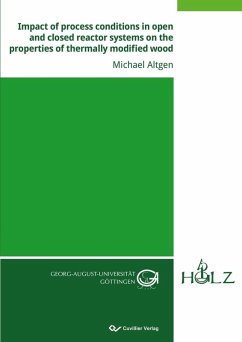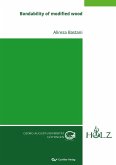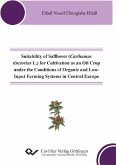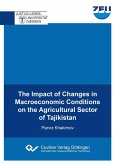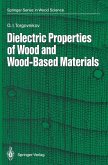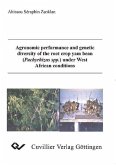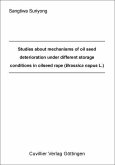Various thermal wood modification technologies have been developed in Europe during the past decades that differ notably in the process conditions applied. However, the changes in wood properties by thermal modification, the underlying modes of action and their link to the process conditions are still not fully understood. This thesis investigates the influence of different process conditions in open and closed reactor systems on the resulting properties of thermally modified wood. In closed reactor systems, elevated water vapor pressure accelerates the thermal degradation of wood polymers and results in high mass loss levels even at mild treatment temperatures. However, in addition to the loss in wood mass, a strong influence of drying and softening of wood at elevated temperatures as well as an increased cell wall matrix stiffness by modification of the lignin carbohydrate complex under dry heat conditions influences the wood properties, i.e. water sorption. For wood thermally modified in open reactor systems at different peak temperatures and durations, the surface performance is investigated with regard to the susceptibility to surface cracking, photodegradation and coatability. The results provide explanations why the performance of thermally modified wood in exterior applications does not always meet the expectations derived from its enhanced resistance against decay fungi.
Dieser Download kann aus rechtlichen Gründen nur mit Rechnungsadresse in A, B, BG, CY, CZ, D, DK, EW, E, FIN, F, GR, HR, H, IRL, I, LT, L, LR, M, NL, PL, P, R, S, SLO, SK ausgeliefert werden.

